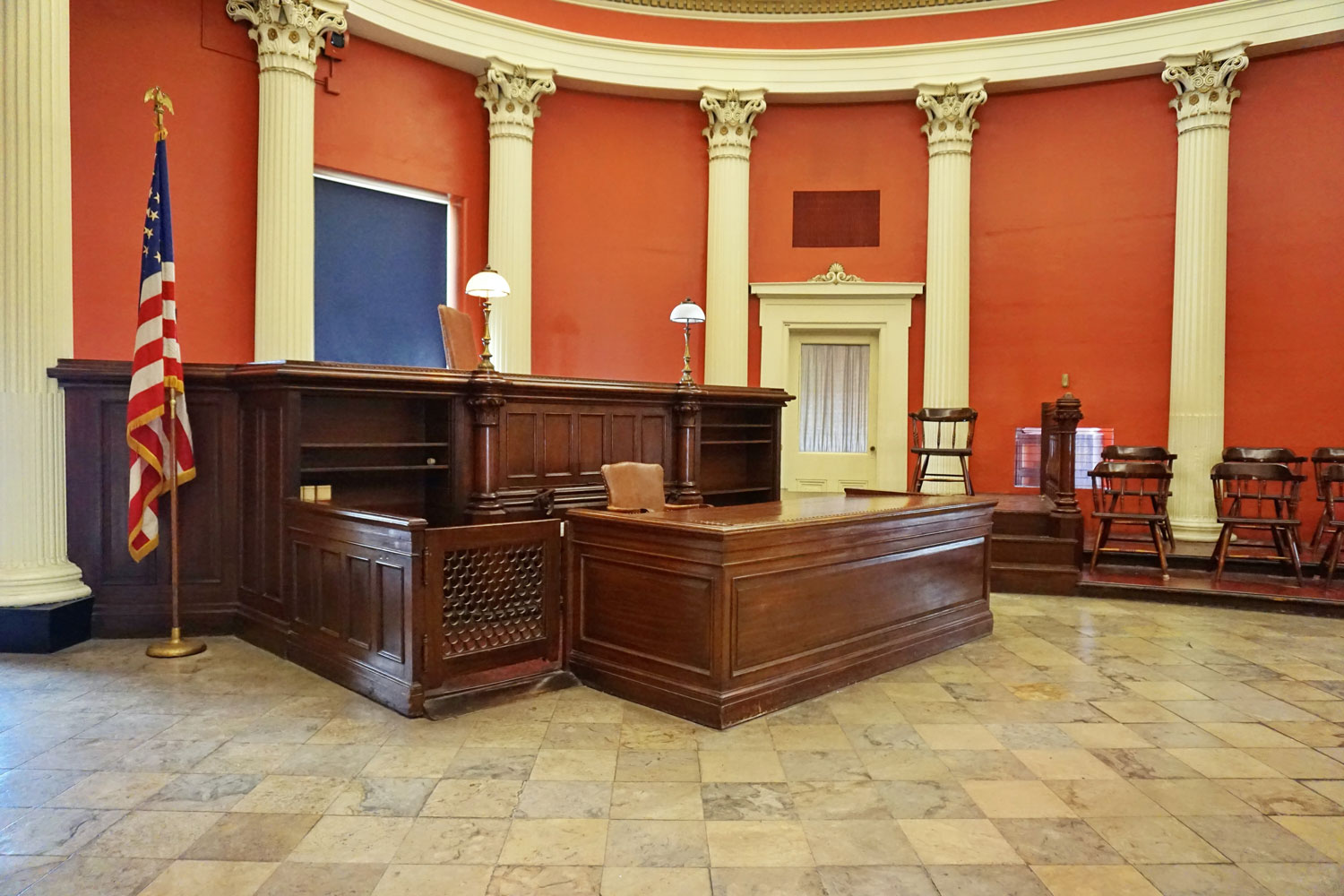
In a court of law, police officer witness testimony is considered evidence. In criminal cases, the prosecution (state or gov) has the burden of proving beyond a reasonable doubt, the defendant’s guilt.
Armed with a wide range of tactics, the prosecution will employ every means they have to get a ‘W’ in the win column. This often means soliciting the testimony of law enforcement officers who may have been direct or indirect witnesses, or who were involved in the investigations leading up to the arrest.
Police officers are often called into court to offer a range of testimony that can be used to establish a foundation for the admission of evidence, or to offer eyewitness accounts of what transpired.
However, as with any testimony given in court, even that of a police officer can be questioned for accuracy and credibility. During cross-examination, your defense lawyer’s job is to convince the jury that the officer’s testimony is inaccurate, paints an incomplete picture of events, is inconsistent, and/or not credible.
If you have been arrested or charged with a crime, retaining a competent and experienced criminal defense attorney is of paramount importance. A good criminal defense lawyer will work diligently to build a case around facts and evidence that support your innocence, and can help you prepare to defend yourself against testimony, including that of police officers or other law enforcement who may have been involved.



